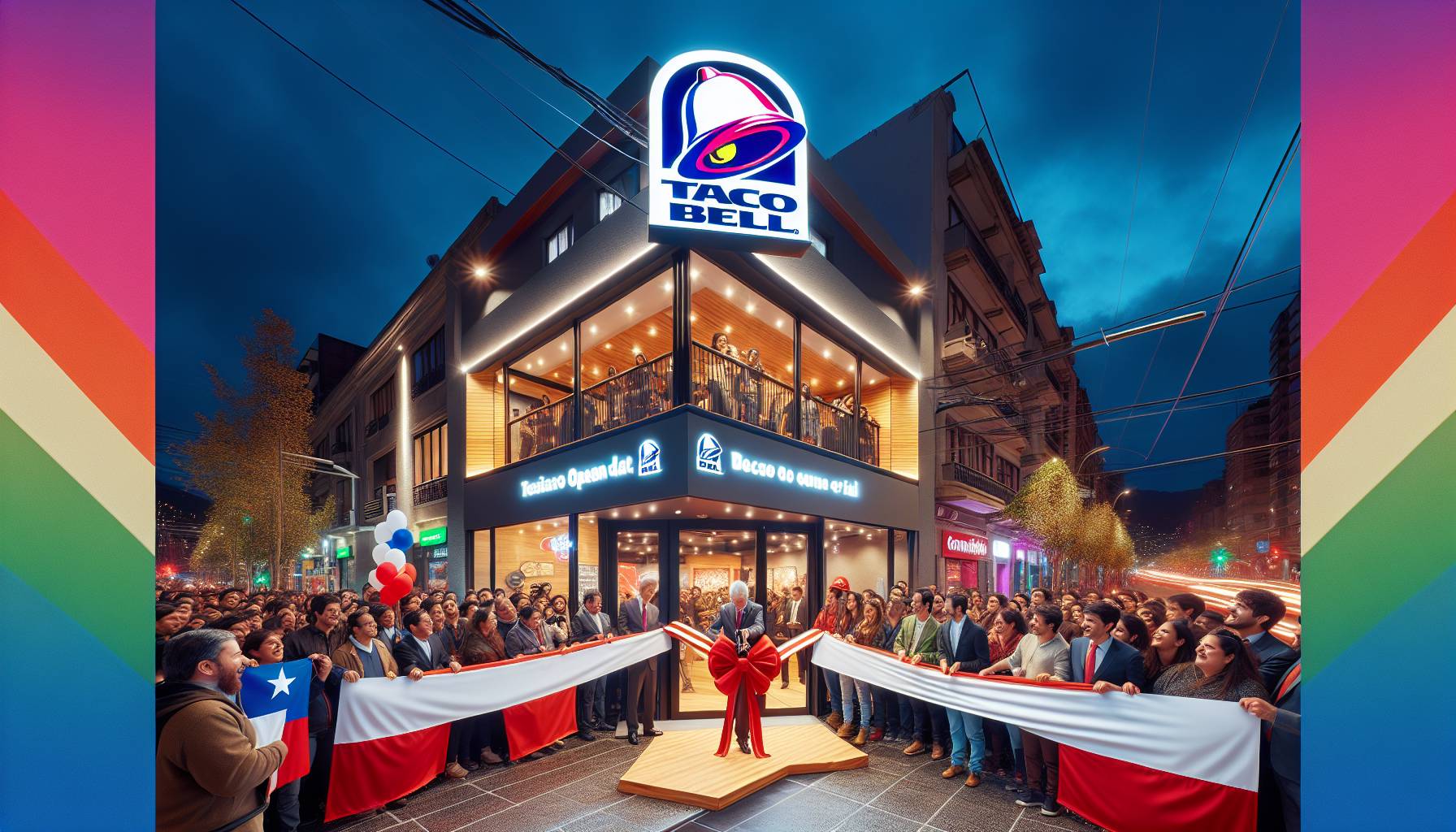
Shifting consumer preferences in the global beer industry
Beer continues to be a key player in the worldwide alcoholic beverage sector, ranking as the third most popular drink globally, following water and tea. In Australia, it has long been woven into the cultural fabric — from backyard cookouts to pub customs. Nevertheless, the environment is changing, and the conventional beer market is experiencing mounting pressure from shifting consumer inclinations, especially among younger audiences.
Worldwide, beer consumption has declined, and although health and moderation trends are frequently identified as primary influencers, the situation is more nuanced. Shoppers are turning toward alternatives that resonate more with their lifestyles. Ready-to-drink (RTD) cocktails, hard seltzers, and cannabis-infused drinks (in legally permitted regions) are on the rise. These options provide convenience, a variety of flavors, and often a lower calorie count — qualities that appeal significantly to health-conscious and busy consumers.
In Australia, this transition is evident in both retail and hospitality arenas. Younger Australians are consuming less beer and are exploring a wider range of alcoholic options. The emergence of low- and no-alcohol alternatives, coupled with trends toward premium products, is diversifying the market. Standard beer brands are no longer the automatic choice, and consumer loyalty is shifting toward exploration and a craving for new experiences.
Even with these challenges, beer is not vanishing. It still holds a dedicated following, particularly among craft beer fans and older populations. However, the market is no longer straightforward. Retailers and producers who do not adapt to this diversification may find themselves losing relevance. The real task is finding a balance between tradition and innovation — keeping core products while branching out into new categories that reflect contemporary consumer values.
For Australian enterprises, the message is unmistakable: flexibility is now essential. Grasping the intricacies of consumer behavior — from health trends to flavor inclinations — is vital. Data-supported decision-making, product variety, and a readiness to try new formats will be crucial for maintaining competitiveness in a swiftly changing market.
Insights from The Beer Store’s strategic actions
The Beer Store’s recent strategic choices provide a valuable case study for Australian retailers facing similar market shifts. With a history that dates back to 1927 and a network exceeding 440 locations, the Canadian retailer has long been a leading presence in its domestic beer market. Yet, despite its established status, it has opted to streamline its operations — closing 15 outlets in a few months — in response to changing consumer behaviors and operational challenges.
For Australian business leaders, this emphasizes an important lesson: size and history do not assure protection from disruption. The Beer Store’s decision to refine its operations is not just a cost-reduction tactic; it indicates a broader adjustment of its business model to fit the evolving market landscape. Closing underperforming locations is a proactive measure aimed at sustaining long-term viability, rather than simply reacting to decreasing sales.
An instructive aspect of The Beer Store’s method is its focus on modernization. As noted by Vice President of Retail Ozzie Ahmed, the closures are part of a strategy to “meet the needs of the marketplace.” This also encompasses adapting to regulatory changes — such as the 2026 policy modification permitting bottle and can returns at grocery stores — which could have a significant impact on foot traffic to conventional beer retailers. Australian operators should heed this: regulatory landscapes are fluid, and anticipating their influence on consumer behavior is crucial for strategic planning.
Furthermore, The Beer Store’s dedication to responsible retailing, particularly through its “WE ID” initiative, underlines the increasing significance of ESG (Environmental, Social, and Governance) principles in retail strategies. In Australia, where consumers are progressively guided by their values, integrating responsible service and sustainability into core practices is essential — it serves as a competitive differentiator. Retailers demonstrating a genuine commitment to social responsibility are more likely to foster trust and cultivate long-lasting customer loyalty.
Another critical insight is operational agility. The Beer Store’s readiness to make difficult choices — including store closures and potential shifts in logistics — reflects a broader attitude of flexibility. For Australian retailers, especially those with legacy operations, this might involve reassessing store networks, investing in digital evolution, and exploring omnichannel approaches to connect with consumers where they are. The rise of e-commerce and direct-to-consumer models in the alcohol industry is not just a passing trend; it’s a fundamental change that requires attention.
Ultimately, the Canadian experience reinforces the necessity of data-informed decision-making. Identifying underperforming locations, recognizing which product segments are gaining popularity, and understanding how consumer preferences are changing demand strong analytical capabilities. Australian businesses that invest in these tools will be better positioned to adapt swiftly and allocate resources effectively.
In a marketplace where tradition and innovation must coexist, The Beer Store’s strategic actions provide a roadmap for resilience. It serves as a reminder that even the most well-established entities must stay vigilant, adaptable, and open to evolution — or face the risk of being left behind.

